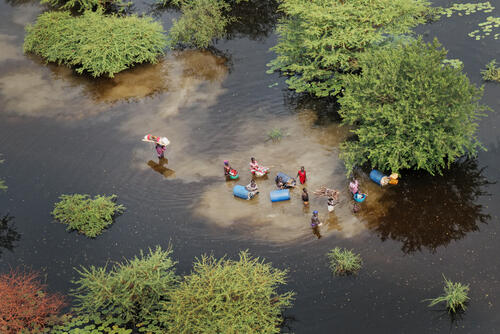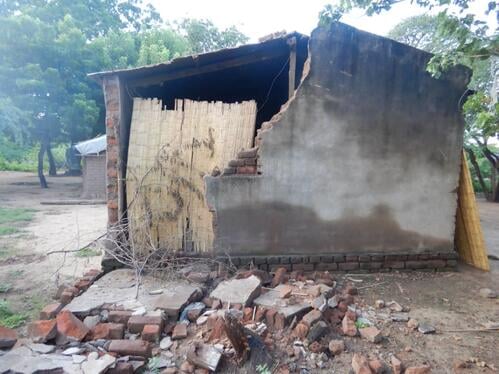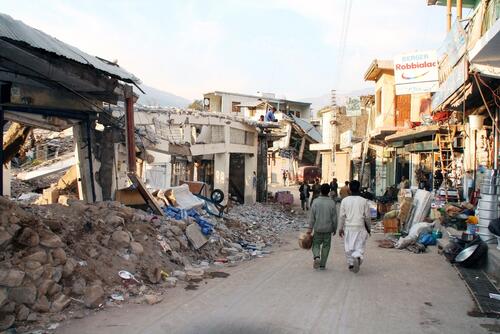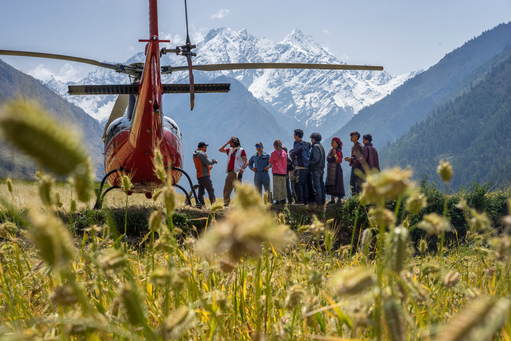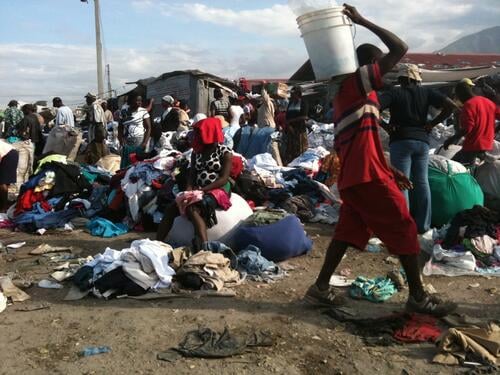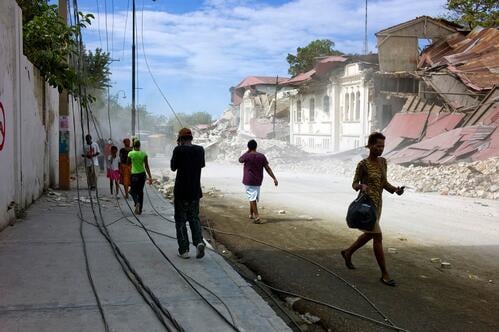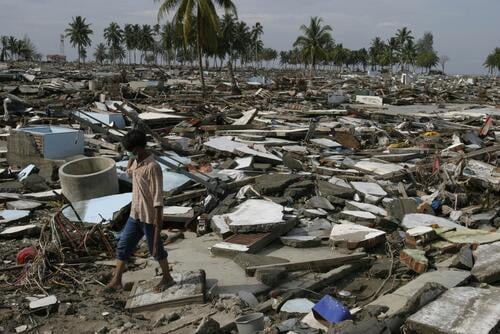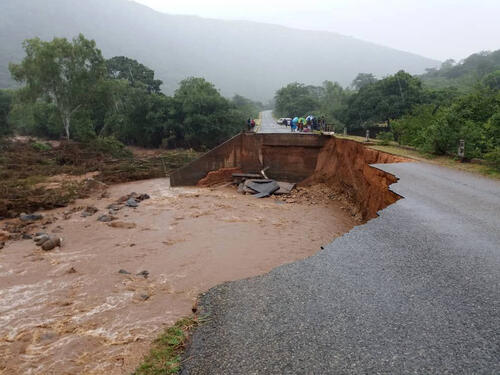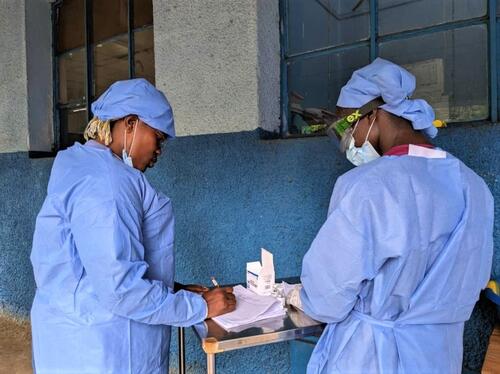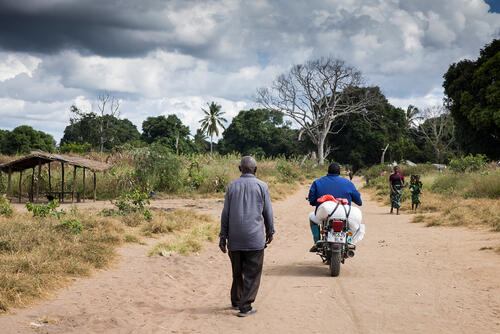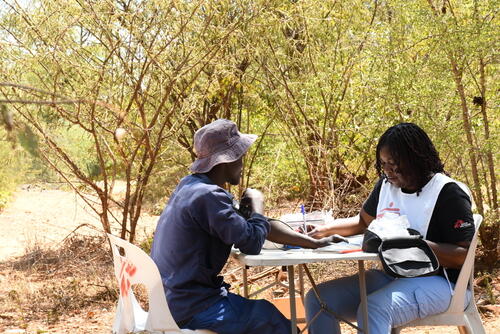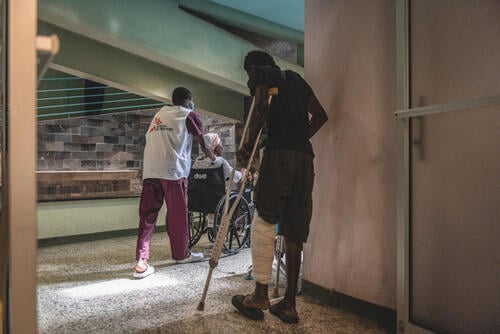Within a matter of minutes, natural hazards can affect the lives of tens of thousands of people. Hundreds or even thousands of people can be injured, homes and livelihoods destroyed. Access to clean water, healthcare services and transport can also be disrupted. The impact of each event varies greatly and our response must adapt to each situation.
Needs must be quickly identified, but accessing a disaster zone can be complex when roads are cut off. The first responders are people already on-site: community members, local authorities and aid organisations already present.
We keep pre-packaged kits to deploy for rapid relief and life-saving assistance. With projects in over 70 countries, we often have aid workers nearby when a disaster strikes. They can be reinforced with additional teams if a larger response is needed.
Featured

"Existing projects were major advantage in the first days' response"

MSF teams intensify emergency response, a first relief plane is due to land in Yangon

Providing medical care, food and access to clean water in worst affected areas of Ayeyarwaddy Delta

MSF teams intensify activities in the areas most affected by Cyclone Nargis

Urgent needs in Myanmar press MSF aid efforts




